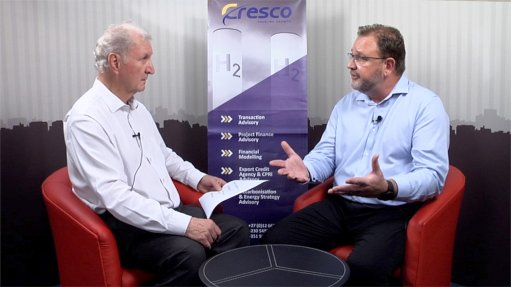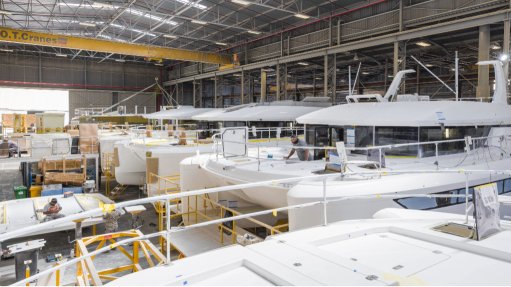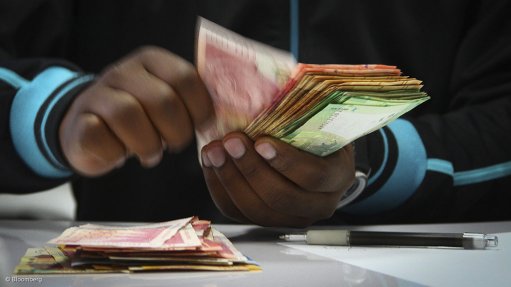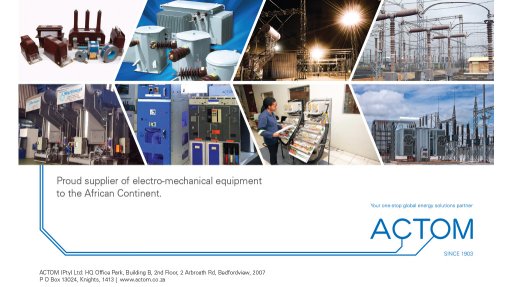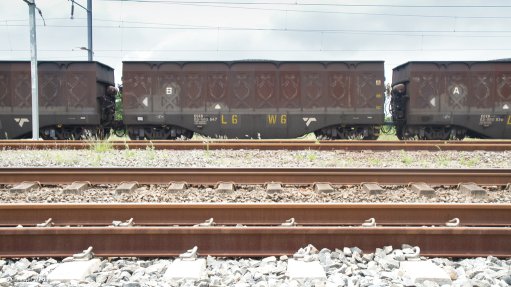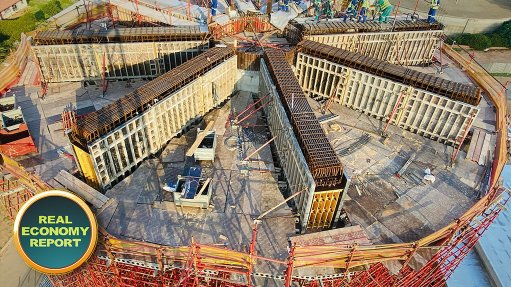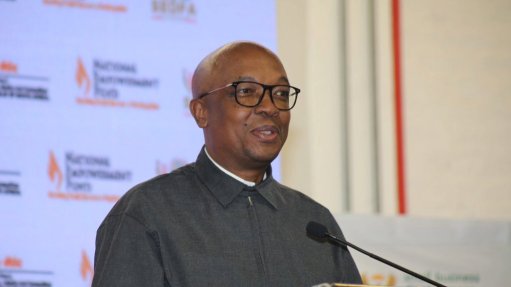IATA urges support for increased sustainable fuel production and diversification
The global representative body for the airline industry, the International Air Transport Association (IATA), has called on governments to ensure that aviation gets its fair share of the growing worldwide production of renewable fuels. Such fuels for aviation, known as sustainable aviation fuels (SAF), are essential for the airline industry to decarbonise. (IATA is currently holding its AGM in Istanbul, Türkiye.)
IATA expects total renewable fuels production capacity, for all applications, to reach 69-billion litres, or 55-million tons, by 2028. SAF will form only a part of this total. This production capacity will be the result of the construction of new refineries and the expansion of existing ones. And, importantly, these facilities will be established across an extensive geographic footprint, embracing North America, Europe and the Asia-Pacific.
“The expected production increase is extremely encouraging,” affirmed IATA director-general Willie Walsh. “Seeing this, we need governments to act to ensure that SAF gets its fair production share. That means, in the first instance, production incentives, to support aviation’s energy transition. And we need continued approval for more diversification of methods and feedstocks available for SAF production. With these two measures successfully in place, we can be confident that the expected 2028 production levels will be realistically aligned with our recently published roadmaps to net-zero carbon emissions by 2050. That is important as we are counting on SAF to provide about 62% of the carbon mitigation needed in 2050.”
IATA reports that SAF production tripled last year, to about 300-million litres, or 240 000 t. Further, SAF project development announcements are rapidly proliferating. The association counts more than 130 renewable fuel projects, relevant to aviation, announced by 85 companies and consortia, in 30 countries. Usually, IATA notes, there is a three- to five-year period between the announcement of a project and it starting commercial production. This means that there is still time for further renewable fuel projects to be announced that would allow the aviation industry to hit its 2030 SAF target.
Reaching a total renewable fuels production capacity of 69-billion litres by 2028 would signal that the fuels sector was on course to achieve a production capacity of 100-billion litres, or 80-million tons, by 2030. If SAF accounted for only 30% of that figure, it would still mean that SAF production in 2030 would total 30-billion litres, or 24-million tons.
In addition to increasing SAF production, IATA wants diversification in the feedstocks and production technologies for SAF. Currently, it was forecast that 85% of SAF (by volume) that will be produced over the next five years will come from one feedstock and technology pathway: hydrotreated esters and fatty acids, derived from waste fat and grease and oils. But these feedstocks are limited. Other avenues have to be pursued for SAF production. IATA is urging that already certified SAF pathways, such as alcohol-to-jet and Fischer-Tropsch, be scaled up; that SAF production pathways currently being researched and developed have these processes accelerated; and that feedstock/feedstock conversion technologies be scaled up.
“The [Group of Seven major democratic developed economy] leaders are among the latest to reiterate their understanding that SAF is critical for sustainable aviation,” pointed out Walsh. “Now they support their declarations with effective policies. To promote SAF production, there are many tried and tested tools including tax credits, grants, or even direct investments in emerging technologies and solutions. The market is there. Airlines want to purchase SAF. Anything to meaningfully incentivise SAF production will be a step forward.”
Comments
Press Office
Announcements
What's On
Subscribe to improve your user experience...
Option 1 (equivalent of R125 a month):
Receive a weekly copy of Creamer Media's Engineering News & Mining Weekly magazine
(print copy for those in South Africa and e-magazine for those outside of South Africa)
Receive daily email newsletters
Access to full search results
Access archive of magazine back copies
Access to Projects in Progress
Access to ONE Research Report of your choice in PDF format
Option 2 (equivalent of R375 a month):
All benefits from Option 1
PLUS
Access to Creamer Media's Research Channel Africa for ALL Research Reports, in PDF format, on various industrial and mining sectors
including Electricity; Water; Energy Transition; Hydrogen; Roads, Rail and Ports; Coal; Gold; Platinum; Battery Metals; etc.
Already a subscriber?
Forgotten your password?
Receive weekly copy of Creamer Media's Engineering News & Mining Weekly magazine (print copy for those in South Africa and e-magazine for those outside of South Africa)
➕
Recieve daily email newsletters
➕
Access to full search results
➕
Access archive of magazine back copies
➕
Access to Projects in Progress
➕
Access to ONE Research Report of your choice in PDF format
RESEARCH CHANNEL AFRICA
R4500 (equivalent of R375 a month)
SUBSCRIBEAll benefits from Option 1
➕
Access to Creamer Media's Research Channel Africa for ALL Research Reports on various industrial and mining sectors, in PDF format, including on:
Electricity
➕
Water
➕
Energy Transition
➕
Hydrogen
➕
Roads, Rail and Ports
➕
Coal
➕
Gold
➕
Platinum
➕
Battery Metals
➕
etc.
Receive all benefits from Option 1 or Option 2 delivered to numerous people at your company
➕
Multiple User names and Passwords for simultaneous log-ins
➕
Intranet integration access to all in your organisation








